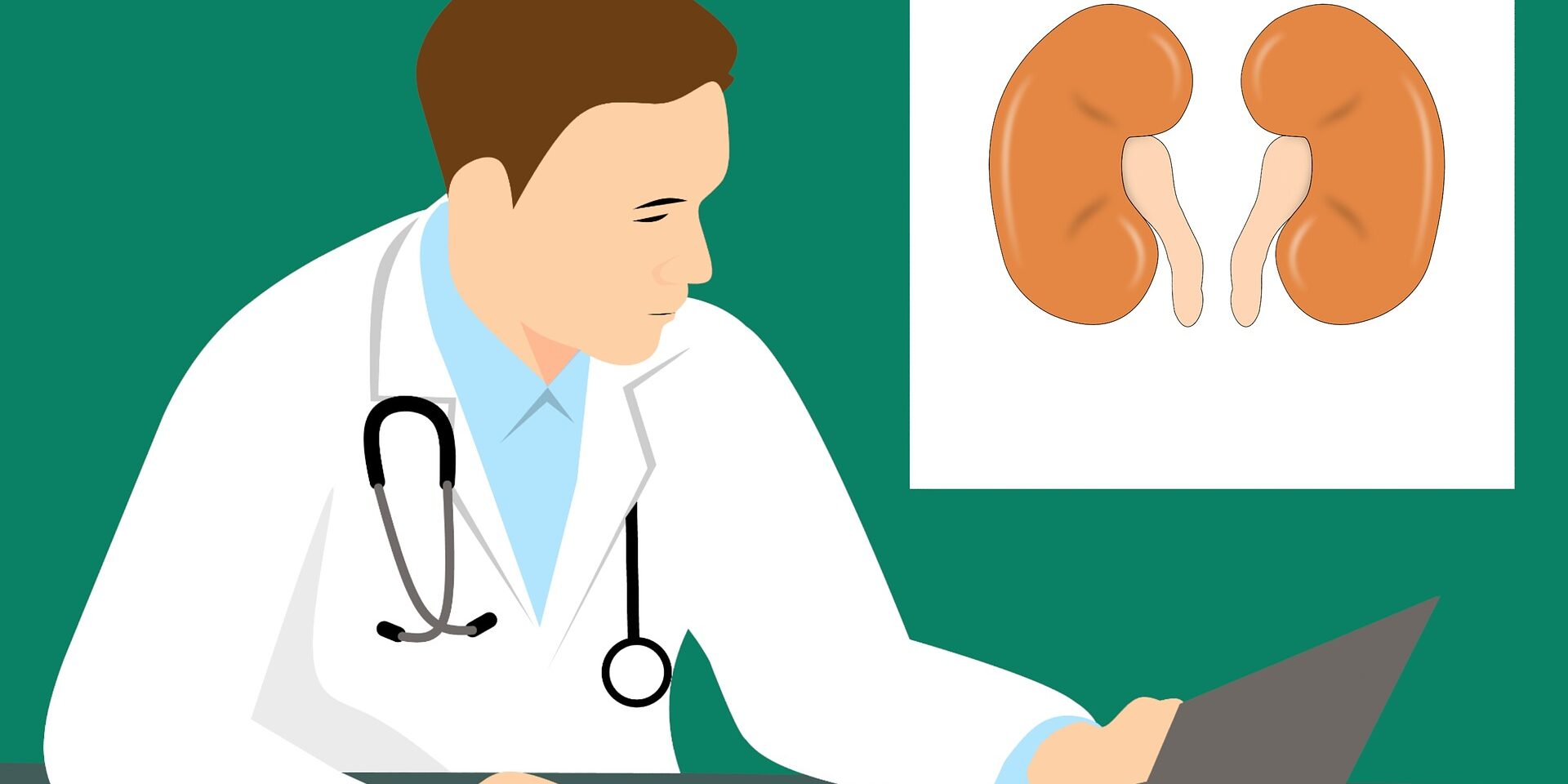Kidney failure, also known as end-stage renal disease (ESRD), is the last stage of chronic kidney disease. At this stage, the kidneys have stopped working well enough for a person to survive without dialysis or a kidney transplant.
ESRD is characterized by a decline in kidney function that is below 10% of normal function. Treatment options are a kidney transplant or dialysis. Currently, dialysis is performed at a dialysis center by means of an artificial kidney (hemodialyzer) in four-hour sessions, three times per week. Treatment at a dialysis center places a heavy burden on the person and their family and caregivers — and on the healthcare system.
People with ESRD may suffer a meaningful decline in quality of life due to the many hours spent at the dialysis center as well as the inability to travel far from a treatment center. In some cases, dialysis can be performed at home on a daily basis using the peritoneal membrane (membrane surrounding the abdominal organs) to act as a blood filter.

